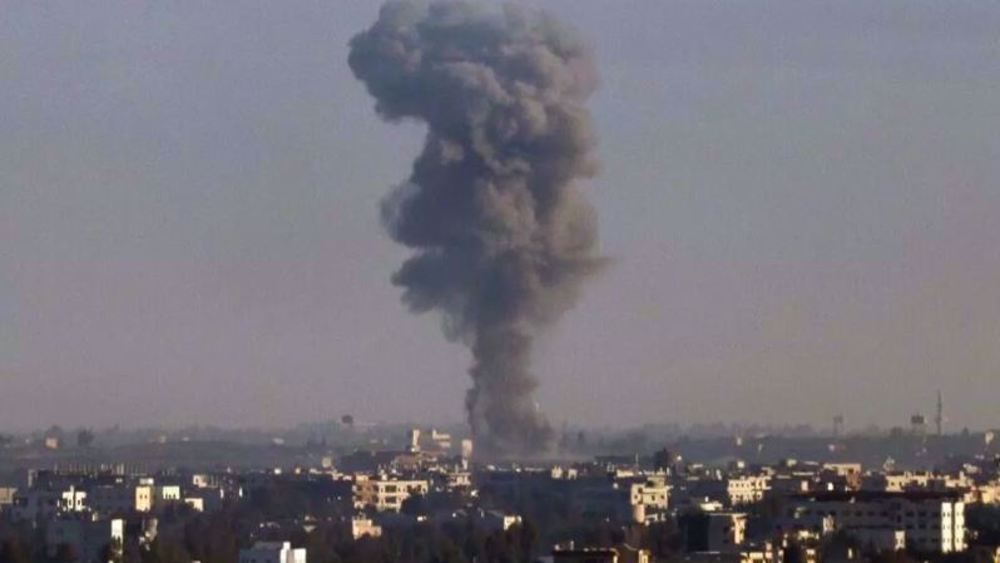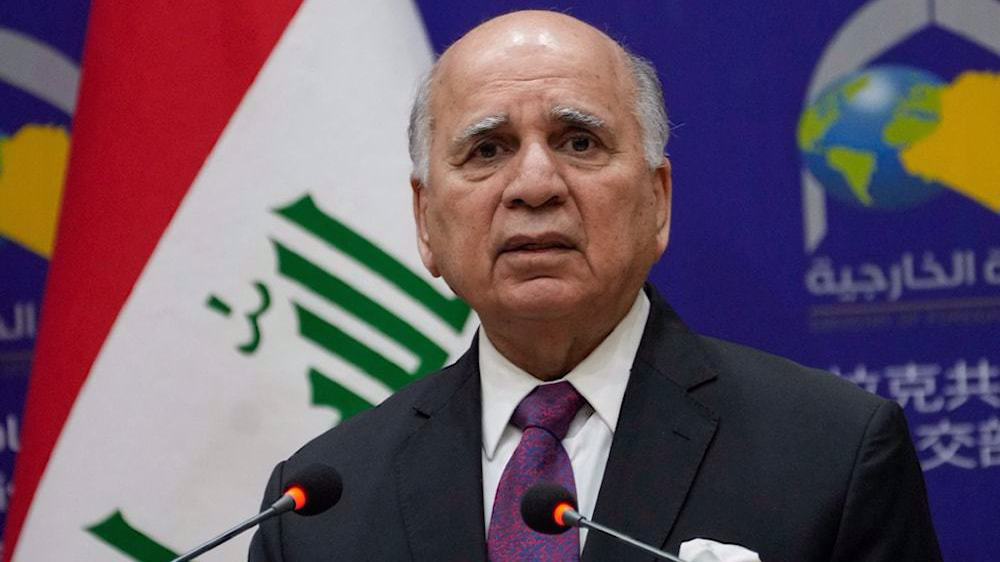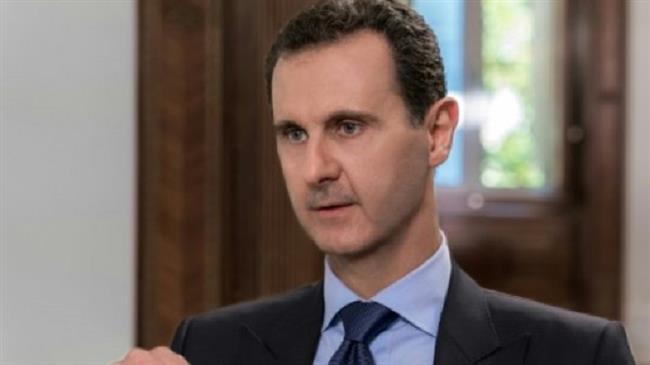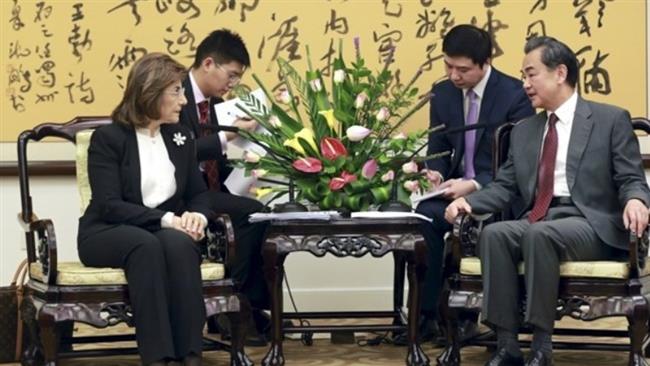Merkel implicitly rejects Putin's call to help Syria reconstruction
German Chancellor Angela Merkel seems to have rejected Russian President Vladimir Putin's call to financially contribute to the Syria reconstruction.
Speaking after talks with Putin outside Berlin on Saturday, Merkel said the focus should rather be on averting a Syrian army operation to retake the militant-held province of Idlib.
Her retort came after the Russian leader underlined the need for assistance to rebuild Syria and ensure that refugees could safely return to their homeland.
"We need to strengthen the humanitarian effort in the Syrian conflict," he said. "By that, I mean above all humanitarian aid to the Syrian people, and help the regions where refugees living abroad can return to."
The Russian president also put the number of refugees in Turkey at three million while Jordan and Lebanon each host one million refugees.
The refugees, he noted, are "potentially a huge burden on Europe, so it is better to do everything possible so that they can return home.”

Putin emphasized that Syria's basic services such as water supplies and health care should be properly restored.
The German chancellor, however, showed reluctance to financially engage in the Syria reconstruction process and stressed that the priority in Syria was "to avoid a humanitarian catastrophe," particularly in Idlib.
Germany is a member of the US-led coalition which has been bombarding Syria since September 2014 without any authorization from the Damascus government or a UN mandate. The aerial assaults have killed many civilians and destroyed Syria's infrastructure.
The Syrian army is preparing for a major military campaign in Idlib Province, the last remaining militant stronghold, after liberating much of the country's south near the Israeli-occupied Golan Heights from the grip of Takfiri terrorists.
Former British foreign secretary Boris Johnson said last September that the US, Britain, and their allies would not support Syria's reconstruction as long as President Bashar al-Assad remained in power.
In April, US State Department's Acting Assistant Secretary for the Bureau of Near Eastern Affairs David Satterfield confirmed that Washington had no plans to provide Syria with any support for reconstruction.
"The United States does not believe that any reconstruction assistance should go to any areas under the control of the Assad regime," he said.
On Friday, the US cut its $230 million funding for the so-called Syria stabilization projects which have mostly gone to militants in the past, but vowed to remain active in its anti-Damascus bid in the country.
With more than 85 percent of Syria having returned to the government fold, Merkel said she had discussed with Putin the issue of constitutional reforms in Syria.
During their Saturday meeting, the two sides also exchanged views on the Ukraine conflict as well as the issue of Iran and the Nord Stream 2 gas pipeline.
Kremlin spokesman Dmitry Peskov said that no agreements had been reached in Merkel-Putin meeting, but it had simply been intended to "check the watches" after the Sochi event.
Hamas thanks Iran, Resistance Front following achievement of ceasefire in Gaza
'Capitulation': Israeli officials and media concede Gaza defeat as truce unfolds
'Gaza has won': Social media users react to ceasefire with mix of relief, joy
Iran seeks South Korea’s assistance for AI, fiber-optic projects
VIDEO | Iran's 'Eqtedar' (Power) maneuver
Israel hits HTS military target in Syria for 1st time since fall of Assad
VIDEO | Press TV's news headlines
Israel has slaughtered 13,000 students in Gaza, West Bank















 This makes it easy to access the Press TV website
This makes it easy to access the Press TV website